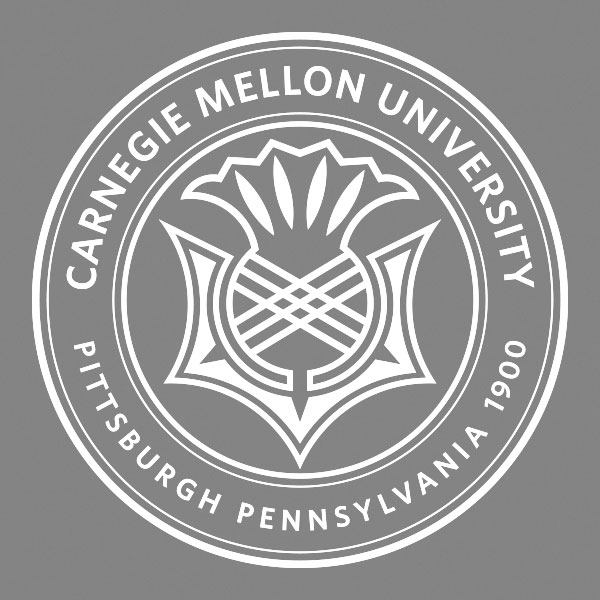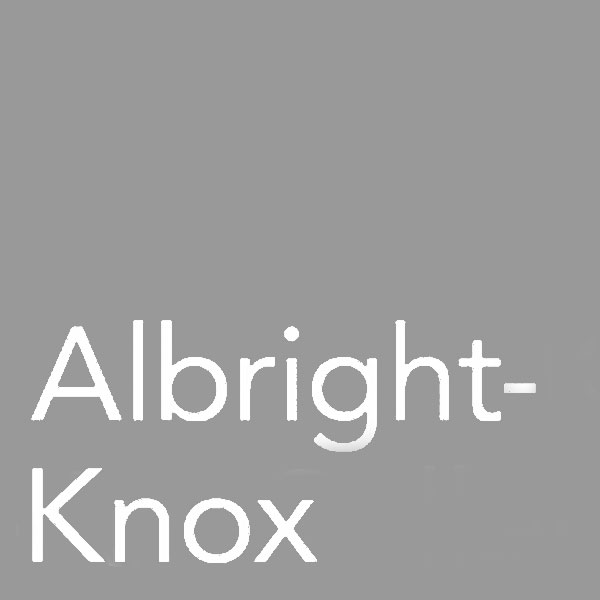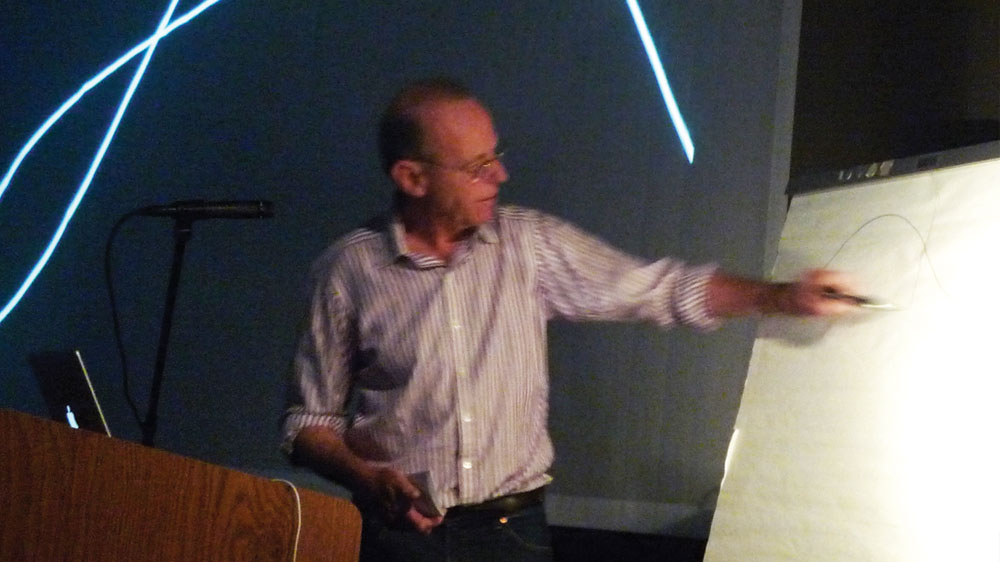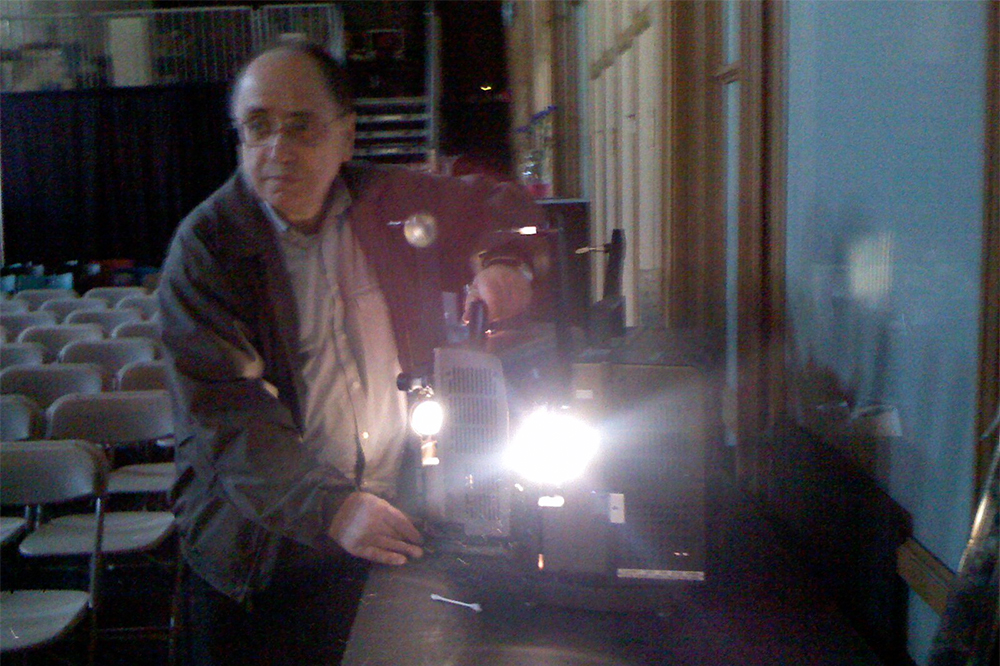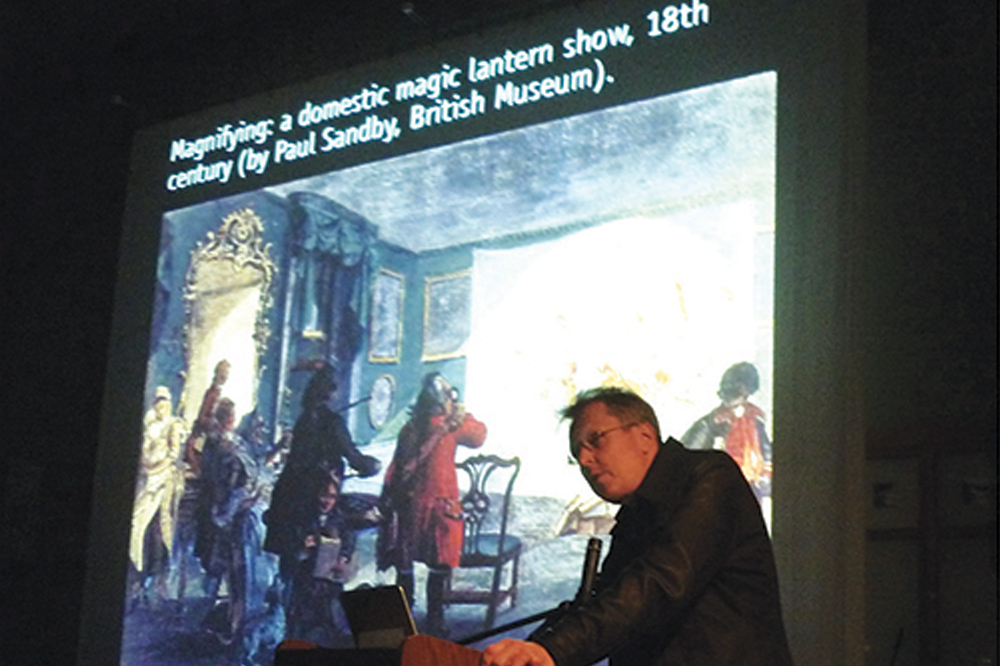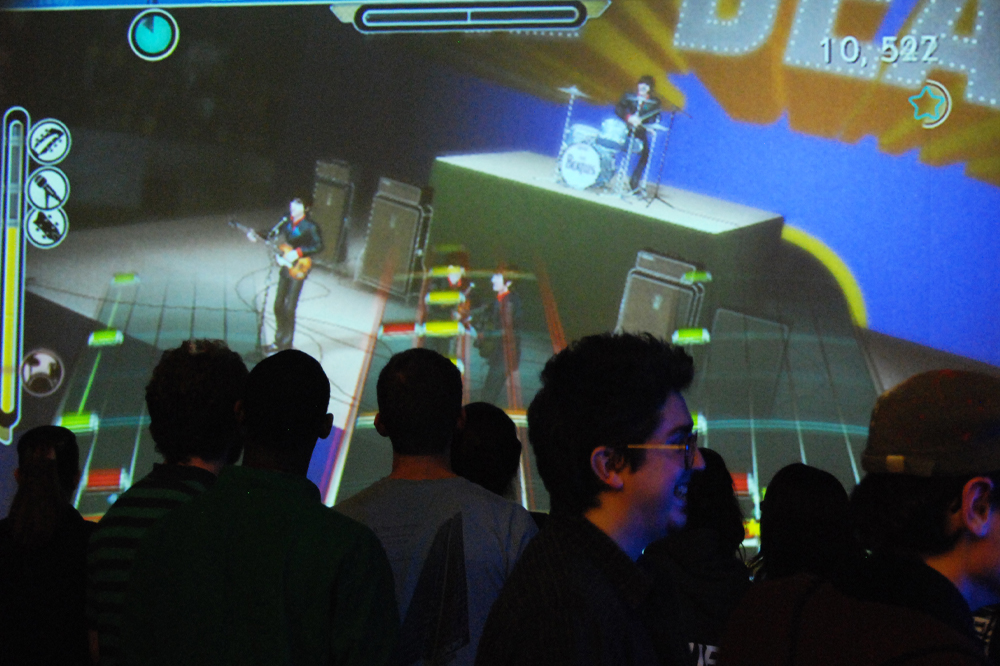Ernie Gehr
Film Screening and Artist Talk
ERNIE GEHRʼs work allows for a spatial and perceptual experience of film. He will screen a selection of his films, from early 16mm to recent digital work; the program will include his seminal visionary work ʻSerene Velocityʼ.
Ernie Gehr has been a pioneering experimental filmmaker since 1967. His early works coincided with the emergence of other avant-garde films examining the structure of vision and experience through cinema. Both painterly and structured, Gehrʼs early films like Wait (1967), Shift (1972-74), and, most famously, Serene Velocity (1970), are primers on experiential, non-narrative cinema. His films have screened internationally, including retrospectives at the Museum of Modern Art in New York, The Centre Georges Pompidou in Paris, and at the San Francisco Cinematheque. In 2010, Gehr installed Surveillance for the Madison Square Park Conservancy, expanding his cinematic language into installed, long-term work. He has received awards and grants from numerous institutions, including the National Endowment for the Arts, a John Simon Guggenheim fellowship and the Maya Deren Award from the American Film Institute. In 2001, Serene Velocity was selected for the National Film Registry, placing it among the most “culturally, historically, or aesthetically significant” films in American cinema.
